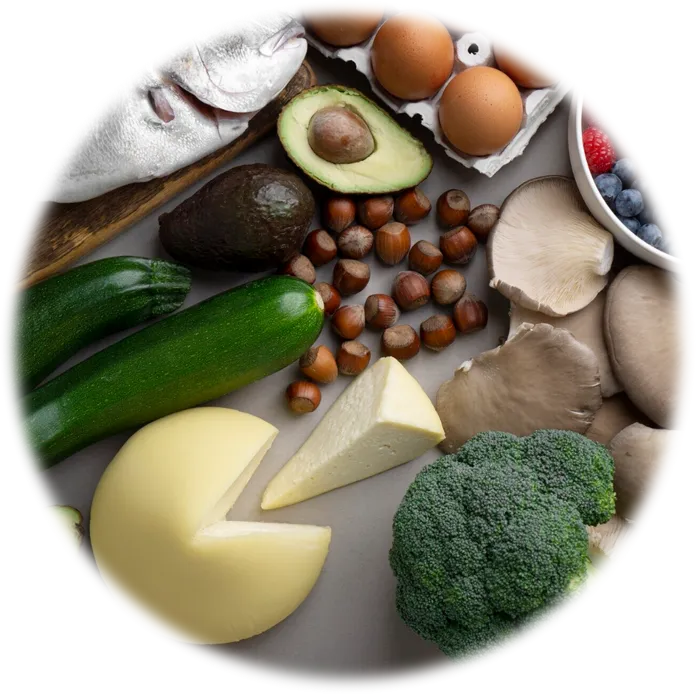
Nutritional properties of Vegetable Fat
Energy :
900.00 Kcal / 100g
Category : Oils and Fats
Group : Vegetable Oils & Fats
Composition And Nutritional Value :Vegetable fat is derived from plant sources such as palm, coconut, soybeans, and canola, and it typically contains a mix of unsaturated and saturated fats. The specific composition depends on the plant source, but vegetable fats are commonly rich in both polyunsaturated and monounsaturated fats. For instance, canola oil and soybean oil are high in polyunsaturated fats, including omega-6 fatty acids, while coconut and palm oils are higher in saturated fats. Vegetable fats also provide fat-soluble vitamins like vitamin E and K, which act as antioxidants and support various body functions. While plant-based fats tend to be healthier than animal fats, the type and proportion of fats in vegetable fats play a significant role in their health benefits.
Health Benefits : Vegetable fats that are high in unsaturated fats, such as those from olive oil and canola oil, offer heart health benefits by helping reduce LDL (bad) cholesterol levels and promoting healthy HDL (good) cholesterol levels. These fats support cardiovascular health and may reduce the risk of heart disease when consumed in moderation. However, vegetable fats like palm oil and coconut oil, which are high in saturated fats, should be consumed in moderation, as excessive intake of saturated fat can raise cholesterol levels and increase the risk of heart disease. Some vegetable fats, such as those from avocados, also contain monounsaturated fats and antioxidants that help reduce inflammation and support skin health.
Culinary Uses : Vegetable fats are versatile in cooking and are used in a wide variety of applications, including frying, baking, and sautéing. Oils like vegetable oil, canola oil, and soybean oil are neutral in flavor, making them ideal for high-heat cooking methods such as frying and stir-frying. Palm oil, known for its high stability, is often used in deep-frying and processed foods. Coconut oil, which adds a distinct flavor, is popular in tropical and Asian cuisines and is also used in baking. Vegetable fats are also commonly used in margarine and as an ingredient in processed foods, providing texture and mouthfeel. These fats are also used for greasing pans and in recipes that require solid fat at room temperature, such as pie crusts.
Types : Vegetable fats can be categorized based on their source and processing method. The most common types of vegetable fats include palm oil, coconut oil, soybean oil, canola oil, and sunflower oil. Some vegetable fats, like olive oil and avocado oil, are considered healthier due to their higher content of monounsaturated fats, while others, such as coconut and palm oils, are high in saturated fats. These oils can be refined or unrefined, with refined oils typically having a more neutral flavor and a higher smoke point, making them more suitable for high-heat cooking. Unrefined oils retain more of their natural nutrients and flavors but are better suited for low-heat cooking or as finishing oils.
Shopping And Storage Tips : When shopping for vegetable fats, choose oils that align with your cooking needs. For high-heat cooking, select oils like canola, vegetable, or sunflower oil, which have higher smoke points and are more stable. For heart health, opt for oils high in monounsaturated fats, such as olive oil or avocado oil. Avoid oils that are highly processed and look for cold-pressed or extra virgin varieties to retain more nutrients and flavor. Vegetable fats should be stored in a cool, dark place, away from heat and light, to preserve their quality and prevent oxidation. It's important to check expiration dates and ensure that the oil has not developed a rancid smell before use.

